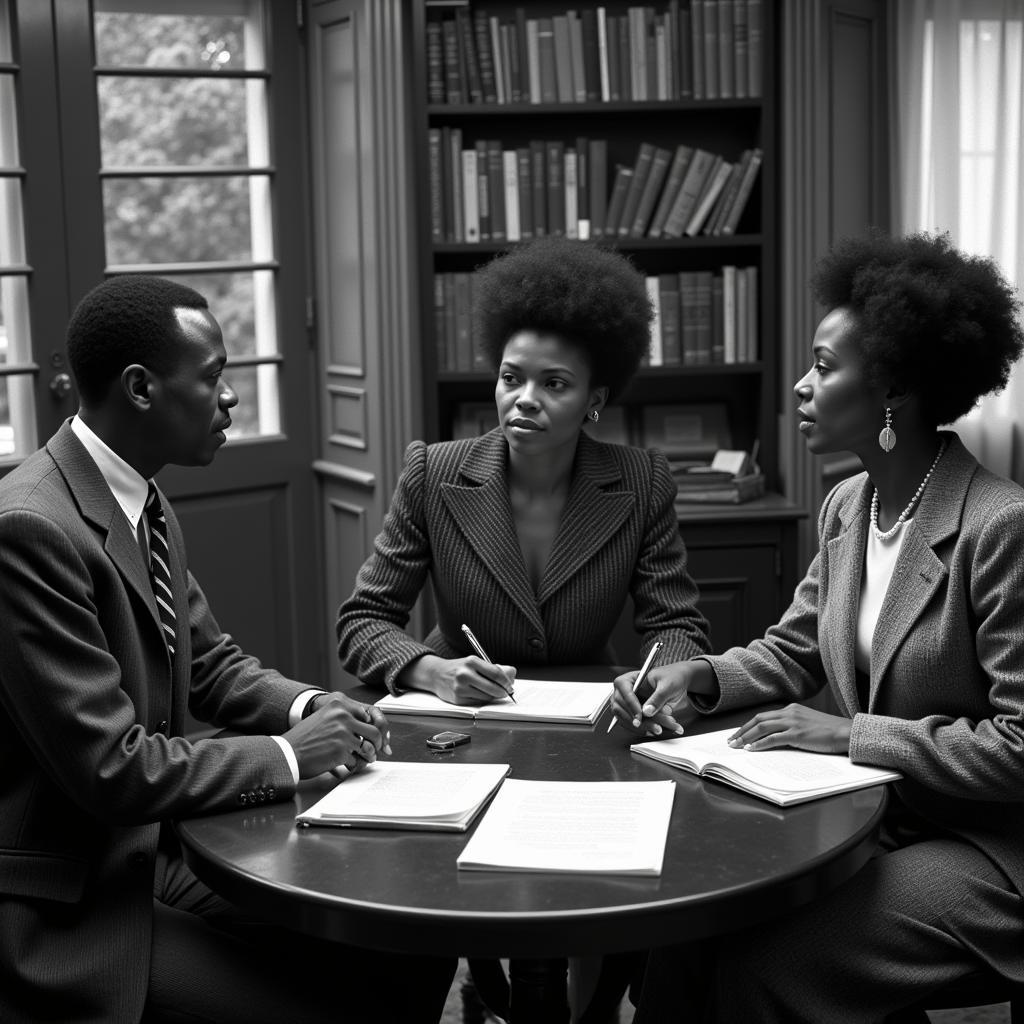Exploring the Rich Tapestry of African Culture and Traditions PDF
African culture and traditions are as diverse as the continent itself, a vibrant mosaic of languages, beliefs, art forms, and social structures. From the ancient civilizations of Egypt and Mali to the contemporary artistic movements sweeping the continent, Africa’s cultural heritage is a testament to its enduring spirit and creativity. This article delves into the fascinating world of African culture and traditions, exploring its various facets and their significance in shaping the continent’s identity.
The Power of Oral Traditions: Preserving History and Values
For centuries, oral traditions have played a pivotal role in transmitting knowledge, history, and cultural values across generations in Africa. Griots, the esteemed storytellers and historians, held a revered position in many African societies, preserving and recounting the stories, genealogies, and proverbs that formed the bedrock of their communities. Through captivating narratives, music, and poetry, they ensured the continuity of cultural heritage and instilled a sense of identity and belonging.
The Rhythms of Africa: Music and Dance as Expressions of Life
Music and dance are integral to the social fabric of Africa, expressing the joys, sorrows, and spiritual beliefs of its people. From the intricate polyrhythms of West African drumming to the soulful melodies of South African choral music, the continent reverberates with a rich tapestry of musical traditions. Dance, often interwoven with music, serves as a powerful form of communication, celebrating life cycle events, expressing cultural identity, and fostering social cohesion.
Artistic Brilliance: From Ancient Rock Art to Contemporary Expressions
Africa’s artistic heritage spans millennia, from the prehistoric rock art of the Sahara to the contemporary art scene that has captivated the global stage. The continent’s diverse artistic traditions are reflected in its intricate sculptures, vibrant textiles, colorful beadwork, and elaborate masks, each carrying symbolic meanings and reflecting the cultural values of its creators.
The Significance of Family and Community in African Societies
Family and community lie at the heart of African societies, shaping social structures and influencing individual identities. Extended family networks provide support, share resources, and maintain social harmony. Respect for elders, communal living, and a strong sense of belonging are deeply ingrained values that continue to shape social interactions and relationships across the continent.
The Evolution of African Culture: Navigating Tradition and Modernity
In an era of globalization and rapid technological advancements, African culture continues to evolve, embracing new influences while preserving its core values. Traditional practices are being reinterpreted in contemporary contexts, and African artists are making their mark on the global stage, showcasing the continent’s dynamism and creative spirit.
Conclusion: Embracing the Diversity and Richness of African Culture
African culture and traditions are not monolithic but rather a vibrant tapestry woven from countless threads. Understanding this diversity is key to appreciating the continent’s rich heritage and the values that continue to shape the lives of millions across Africa and its diaspora. By exploring the captivating world of African culture, we embark on a journey of discovery, gaining insights into a continent brimming with history, artistry, and a profound sense of community.


